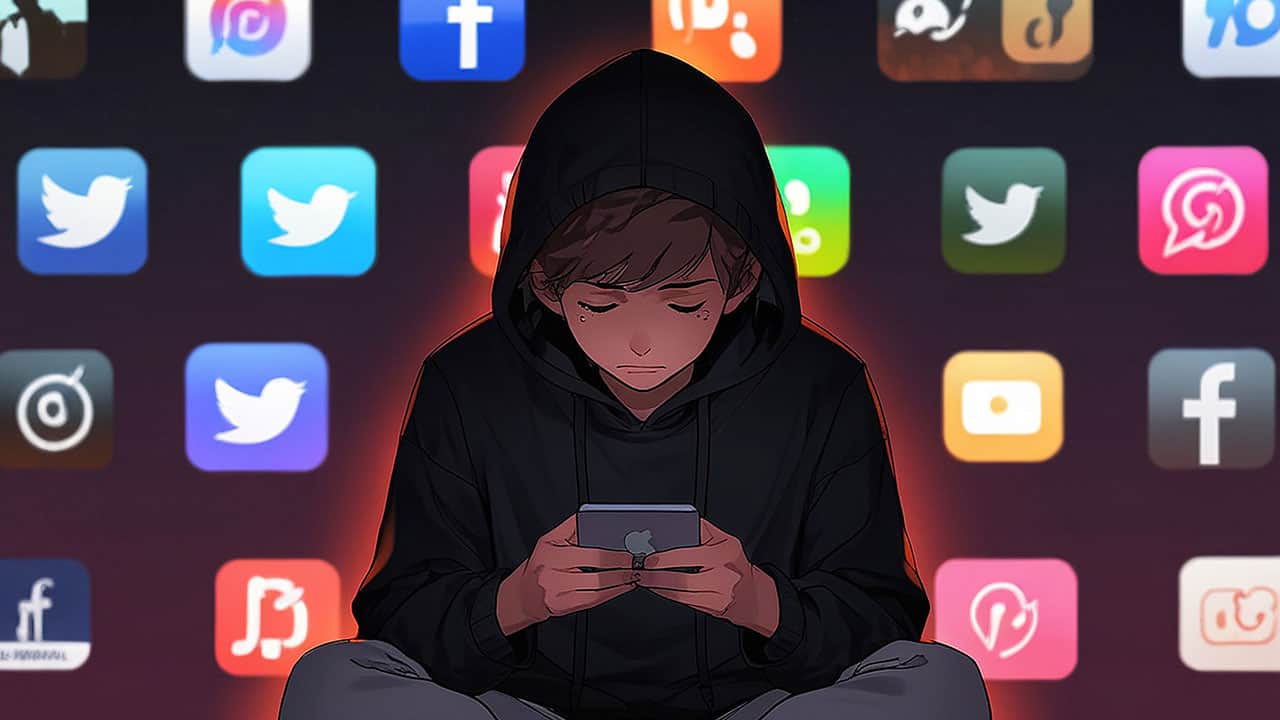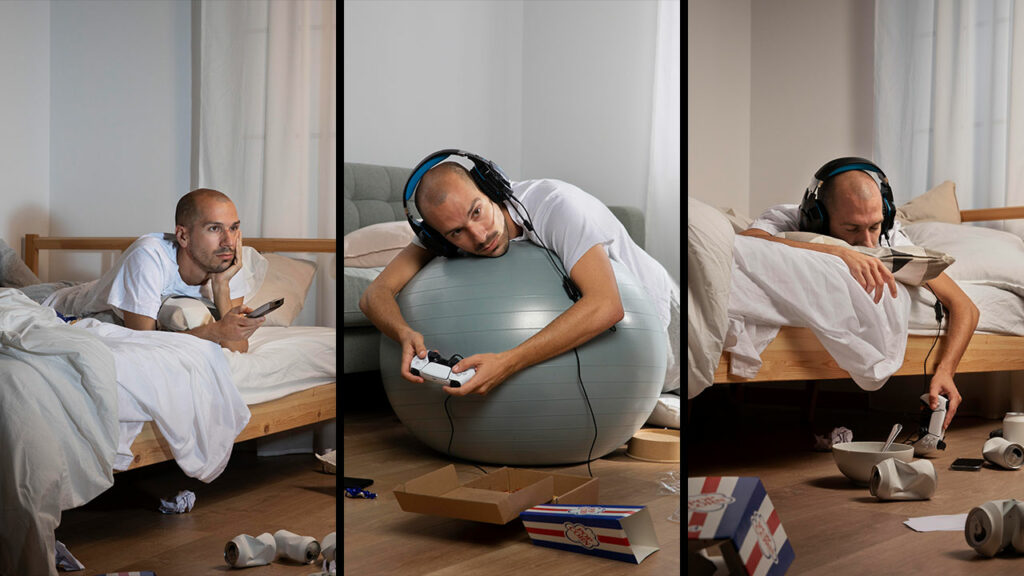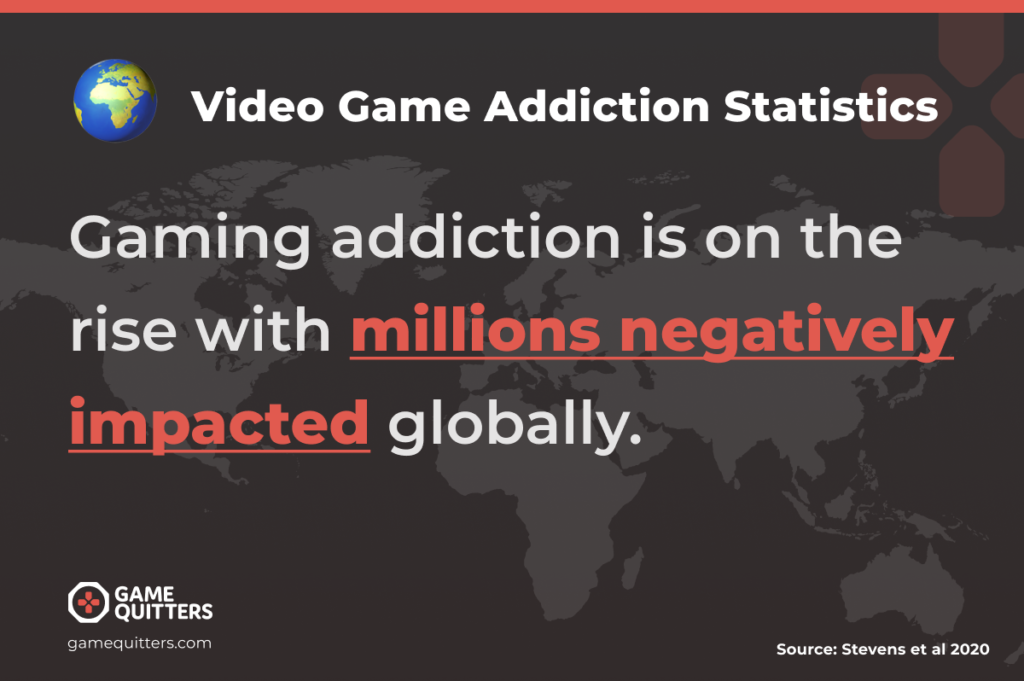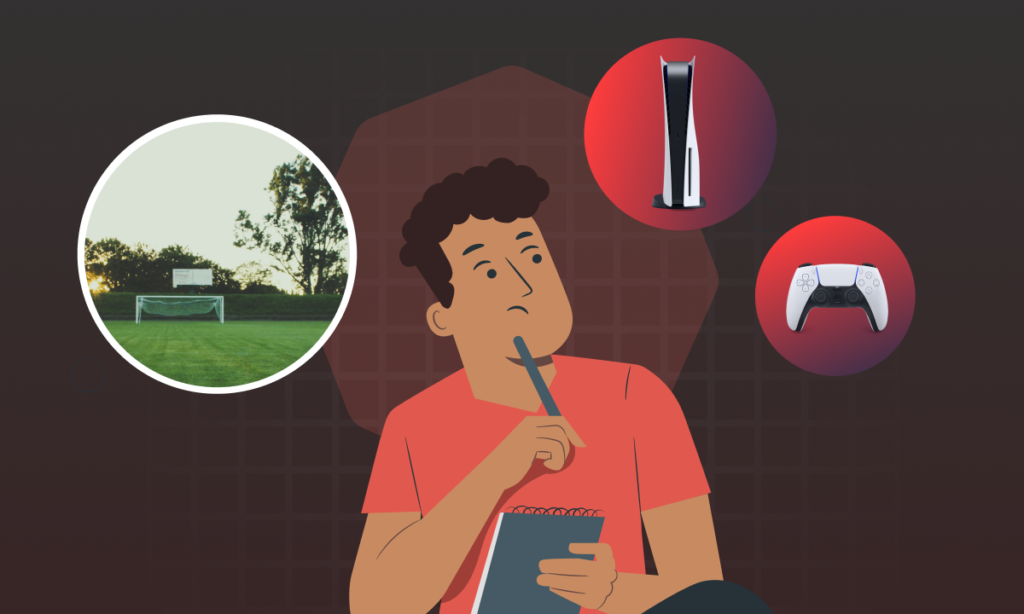
10 Signs You Are Chronically Online
Technology has revolutionized our world. But that revolution hasn’t all been positive. In today’s society, it’s easy to spend hours online without even realizing it. A vast array of apps are available to make life easier—from banking and travel to fitness and parking—and many of our needs can be satisfied on a smartphone, PC, tablet, or gaming console.
But these devices are stealing our time and ability to focus. In this article, we look at what it means to be chronically online and how to tell if you’re overusing technology.
What does chronically online mean?

You may not have heard of chronically online, or perhaps you’ve stumbled across the term but are unsure of the meaning. You may be wondering:
- What does it mean when someone is chronically online?
- What is another word for chronically online?
- What does chronically online mean – urban dictionary definition?
- What does chronically online mean on TikTok, Instagram, Snapchat, etc?
Chronically online (also known as terminally online) describes those who spend a significant amount of time scrolling through social media, playing video games, or continuously browsing the internet.
People who are chronically online can become obsessed with maintaining a digital presence. But this ‘always on’ mentality can negatively impact their lives. Affected individuals are consumed by technology to the point where they prioritize online activities over real-life responsibilities and relationships, which can lead to loneliness and physical and mental health issues.
Chronically online statistics

Here are a few facts that demonstrate how much time we spend consuming digital content and the potential negative consequences:
- 41% of US adults are online “almost constantly” and this increases to 62% for people aged 18-29.
- US adults with higher levels of education and household incomes are more likely to be online “almost constantly” 1 1. https://www.pewresearch.org/internet/2024/01/31/americans-use-of-mobile-technology-and-home-broadband/ × .
- The average time US adults spend on their phone each day (not including voice calls) is expected to reach 4 hours 39 minutes in 2024 2 2. https://www.statista.com/statistics/1045353/mobile-device-daily-usage-time-in-the-us/ × .
- 54% of Gen Z say they’re on social media for at least 4 hours per day.
- A meta-analysis of 504 studies found that globally 26.99% of people have phone addiction, 17.42% have social media addiction, 14.22% have internet addiction, and 6.04% have video game addiction 3 3. https://pubmed.ncbi.nlm.nih.gov/35150965/ × .
How we’re becoming chronically online

Technology pervades almost every aspect of our lives. Here are a few examples of how screens and devices are shifting our offline lives increasingly online:
- Want to exercise? There’s no need to go to the gym; you can search for a workout on YouTube.
- Feeling hungry? Rather than head to the store or restaurant, you can order online and get whatever you want delivered.
- Looking for entertainment? Why go to the cinema or theater when there are so many movies and box sets available to stream?
- Need some excitement? The latest video games are so immersive, they can replace high-adrenalin activities like mountain biking, rock climbing, and surfing.
- Buying new clothes? Who trawls around the shops when there’s much more choice online and Vinted and eBay are cheaper and more sustainable?
- Seeking a relationship? Rather than meeting someone offline, such as in a social situation or at work, dating apps are a convenient way to meet a new partner.
- Interested in current affairs? Online platforms have a 24-hour news cycle with breaking stories, whereas newspapers contain yesterday’s news.
- Meeting friends? Even if you’re hanging out in person, all the arrangements from where to meet to what to wear are usually worked out on messaging apps.
The more we embrace a digital lifestyle, the more entrenched these habits become, which is how some individuals develop an unhealthy relationship with technology.
Psychological reasons for going online
Online activities can shift from being healthy to harmful for psychological reasons such as:
Fear of missing out (FOMO)
Although FOMO isn’t a recognized psychological condition, it can make a person feel compelled to be constantly online for a multitude of reasons – from not wanting to miss the latest breaking news story to keeping up with social media posts and comments.
Escape mental health problems
Using social media or playing video games can be a way to escape painful feelings caused by mental health problems like stress, anxiety, and depression. But being chronically online can lead to loneliness and social isolation and exacerbate low mood and poor self-esteem through seeing other people’s unrealistic lifestyles.
For a rush of dopamine
Hours spent online can build up a tolerance to dopamine, the pleasure hormone that produces a ‘high’ whenever a rewarding behavior is repeated. Wanting to recreate that rush of pleasure can make people become chronically online because they need to spend more and more time online to experience it. Discover how dopamine impacts people who play video games excessively.
How do I tell if I’m chronically online?

If you spend a lot of time online, you may be concerned that your activities could be harmful. So how do chronically online people act? Let’s look at the impact of screen time and 10 signs that may indicate you have a problem.
What screen time is considered chronically online?
We’ve put together some screen time guidelines that show the number of recommended hours per day. But whether your behavior could be classed as chronically online isn’t just down to how much time you spend on digital devices. It depends on a number of other factors, including whether your online activities are active or passive and the effects of the screen time on your physical and mental health. It also depends on if you are using dangerous apps or not. And what makes you chronically online might not affect someone else in the same way.
Active screen time replaces some of the activities we used to do—and sometimes still do—without screens, as described in the ‘How we’re becoming chronically online’ section above. This type of screen time can be highly productive. Whereas passive screen time involves endless scrolling and binge-watching content, which doesn’t engage the brain in a productive way. So it’s advisable to have more active than passive screen time to avoid becoming chronically online.
10 signs you may be chronically online
If you’re worried about your screen time habits, take our internet addiction quiz to see if you meet the criteria for problematic use.
Here are some signs that your online activities may be unhealthy:
- Having an uncontrollable urge to go online despite negative repercussions.
- Trying to stop spending so much time online without success.
- Needing to go online more and more to find the same pleasure.
- Experiencing withdrawal symptoms if you can’t be online, like feeling stressed, anxious, and irritable.
- Using the online world to escape problems in the real world.
- Hiding or lying about the amount of time you spend online.
- Going to bed late or waking in the night to go online.
- Struggling to focus at school, college, or work because you need an online ‘fix’
- Neglecting hobbies and social activities you used to enjoy because you spend your free time online.
- Frequently losing track of time and staying online longer than originally planned.
If some of these signs resonate with you, it could indicate that you’re chronically online and may need support.
Need help to stop being chronically online?
If you want to get your online activities under control, it’s important to realize that this battle isn’t between you and your digital devices, but between you and billion-dollar corporations trying to capture your attention for profits. The good news is that it’s possible to win this battle. But it requires awareness and intention. The first step is recognizing you have a problem, and the second step is working out what to do about it.
We know that it’s unrealistic to live your life without technology. So, it’s not about having no tech, but using it as a tool for productivity and connection. Instead of living your life chronically online, whether scrolling Instagram or TikTok, or obsessed with the latest video game, you can live with passion and purpose.
At Game Quitters, our coaching programs can help get your screen time and gaming under control. We’ll establish what makes you chronically online, then help you build better screen time habits, find replacement activities, and upgrade all areas of your life.
Get in touch today and apply for a Gameplan strategy call.
On this call, we’ll see if you’re a good fit for our coaching program and discuss the next steps. Please note that we only have a few spots available and we’re unable to accept all applicants.
